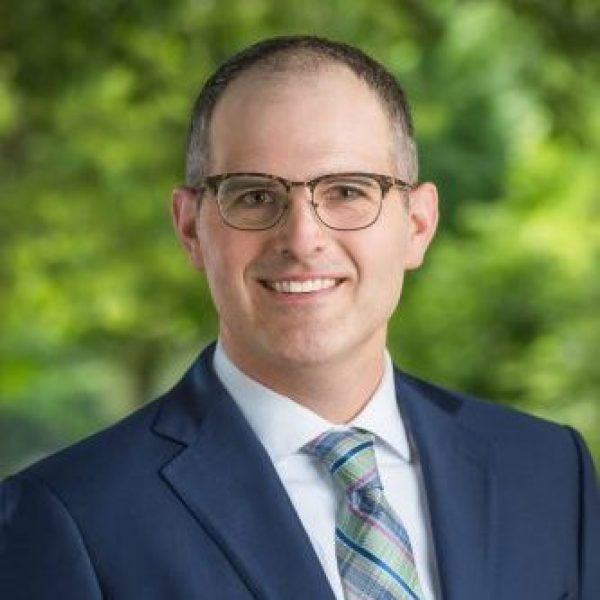Reserved Fund Uses - The "Yes" and "No"
This year’s unusually cold and snowy winter has caused many associations to incur expenses beyond their annual operating budgets. As operating accounts are depleting, associations are trying to think of other ways to cover their operating expenses without having to impose a special assessment. One question that we have received is whether an association may take money from its reserve fund to pay for snow removal, which is typically an operating expense. The answer is yes and no.
The reserve fund is not intended to cover the association’s operating expenses; rather, the reserve fund is intended to cover the repair and maintenance of major capital items as needed in the normal course of the association’s operations. The “major capital items” include all of the common elements for which the association has a duty to maintain and repair, such as roofs, pools, and community centers. Although the reserve fund may be used to pay for minor repairs to the common elements, the better course of action would be to budget for minor repairs in the operating account and limit use of the reserve fund to major repairs and maintenance to the common elements.
The reserve fund operates as a safeguard – it allows the association to repair and replace common elements without having to issue a special assessment. If an association borrows money from its reserve fund for regular operating expenses, it should document in the minutes that the expenditure is a loan and will be restored in a reasonable period of time. To do otherwise leads to a slippery slope that causes an association to rely improperly on its reserve fund. To prevent this, an association should carefully craft its operating budget to cover expenses that it may incur as a result of abnormal weather or other unforeseeable events. Many budgets have a line item called “operating reserves” just to cover such contingencies, which is funded by the regular operating assessments to the owners.
Please contact Williams & Strohm, LLC if you have questions about the use of your reserve funds.

Nicholas R. Barnes
Mr. Barnes has an extensive background in civil litigation with experience in other areas of law, including real estate, community associations, and debtors’/creditors’ rights. He is a member of the Ohio State and Columbus Bar Associations and is admitted to practice law in all Ohio courts, as well as the United State District Courts for the Northern and Southern Districts of Ohio Read Nicholas R. Barnes's full bio.
